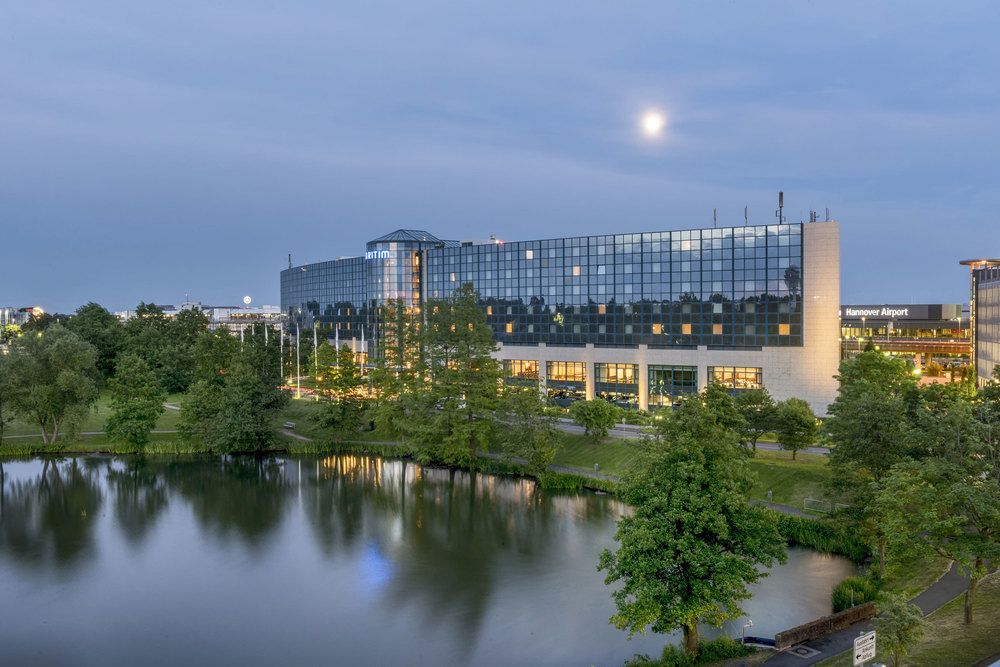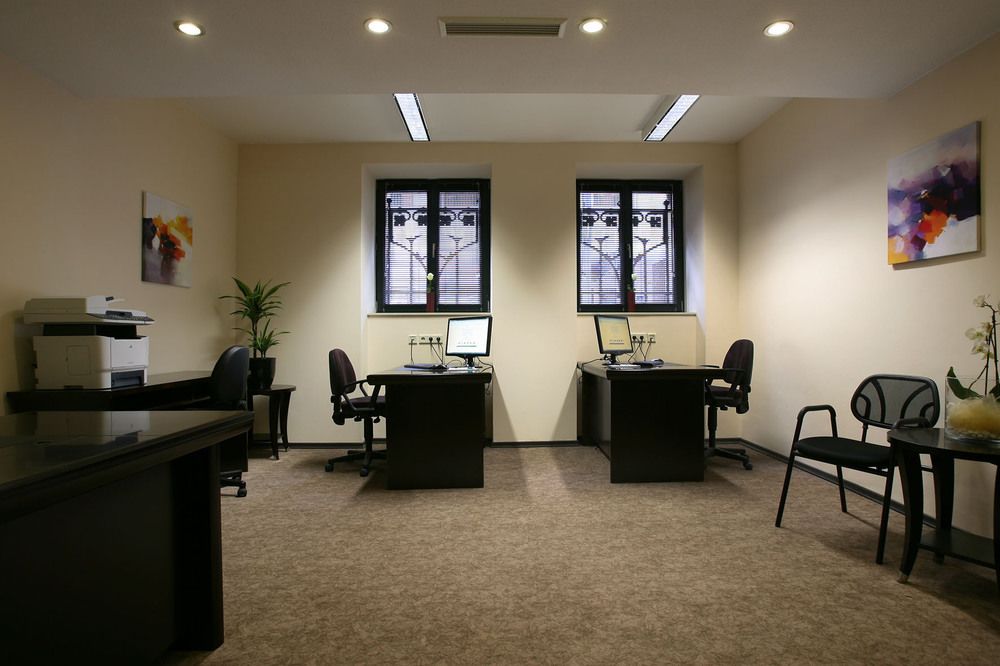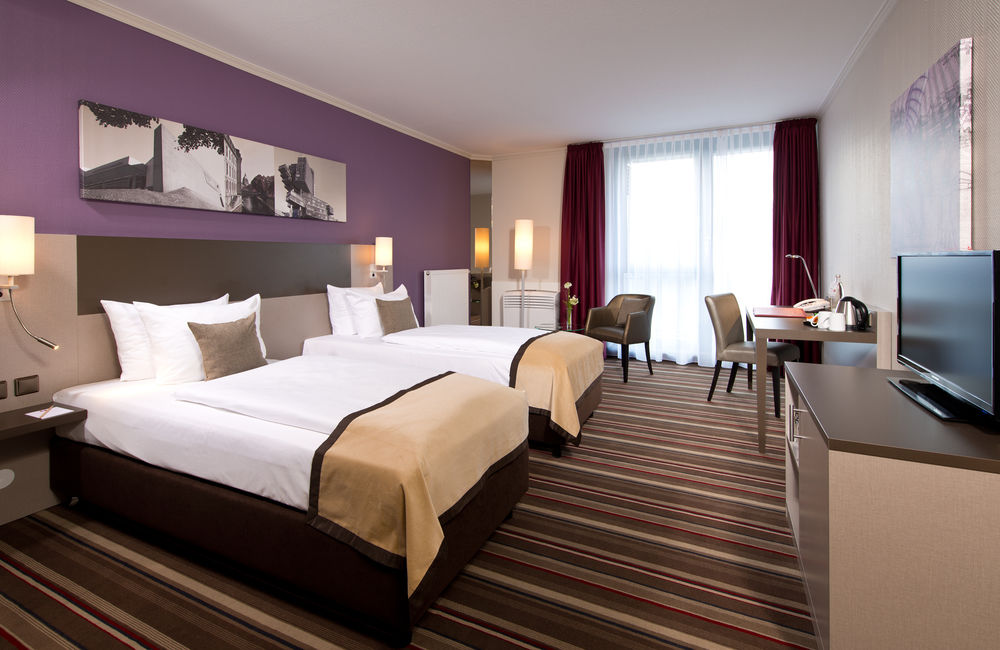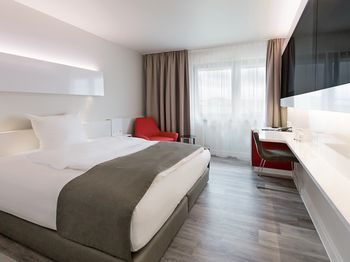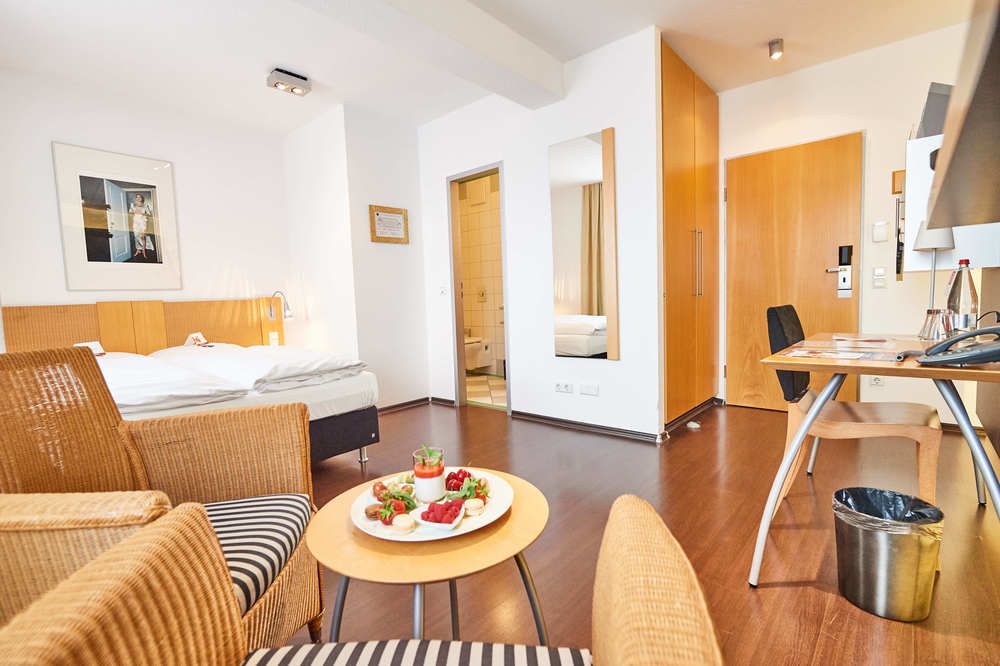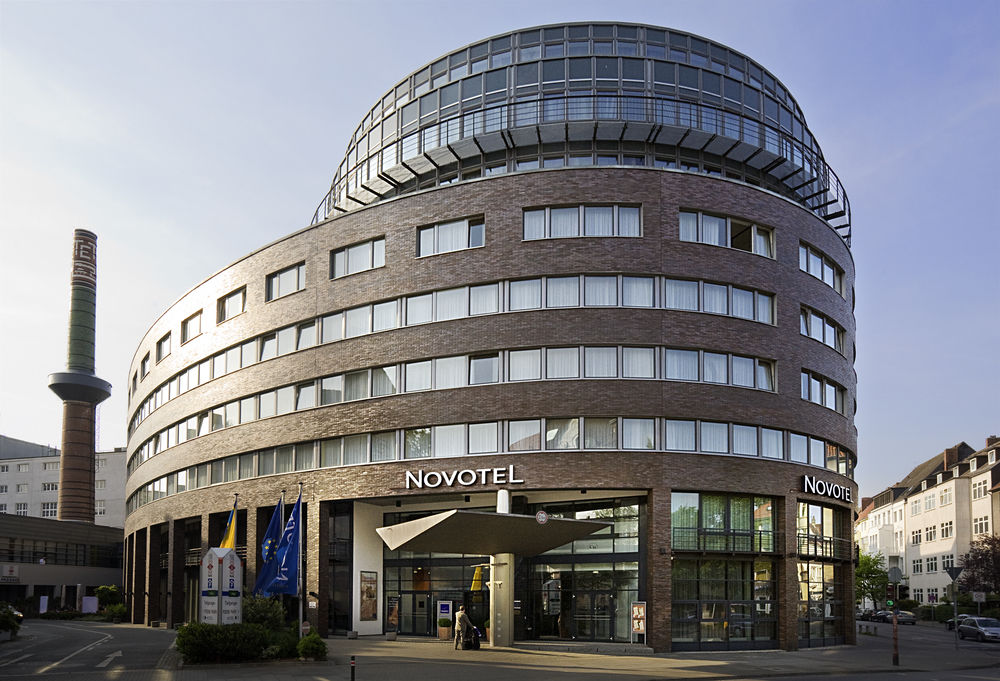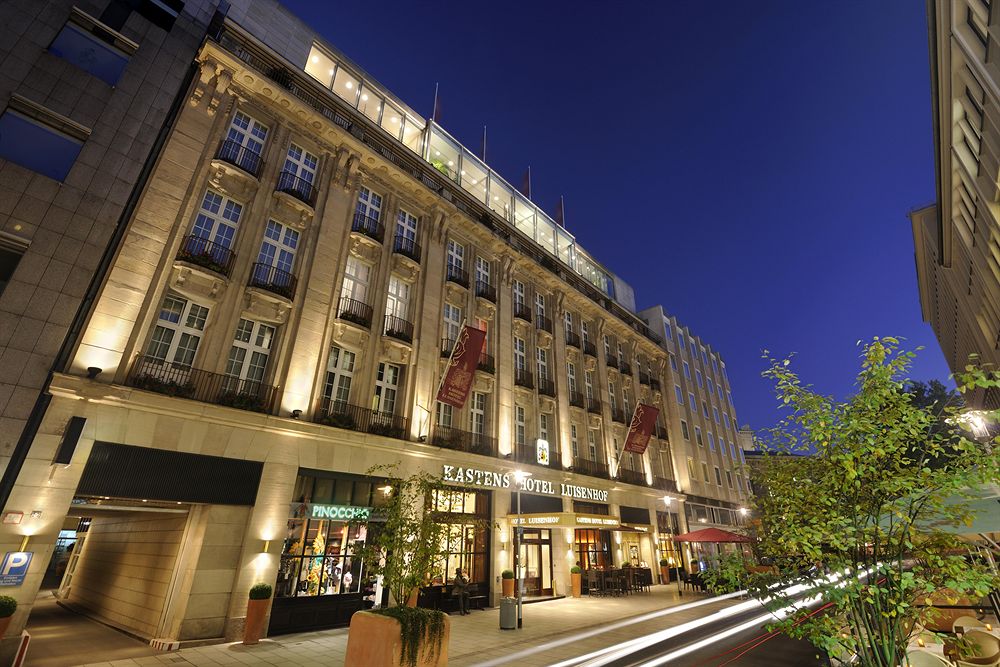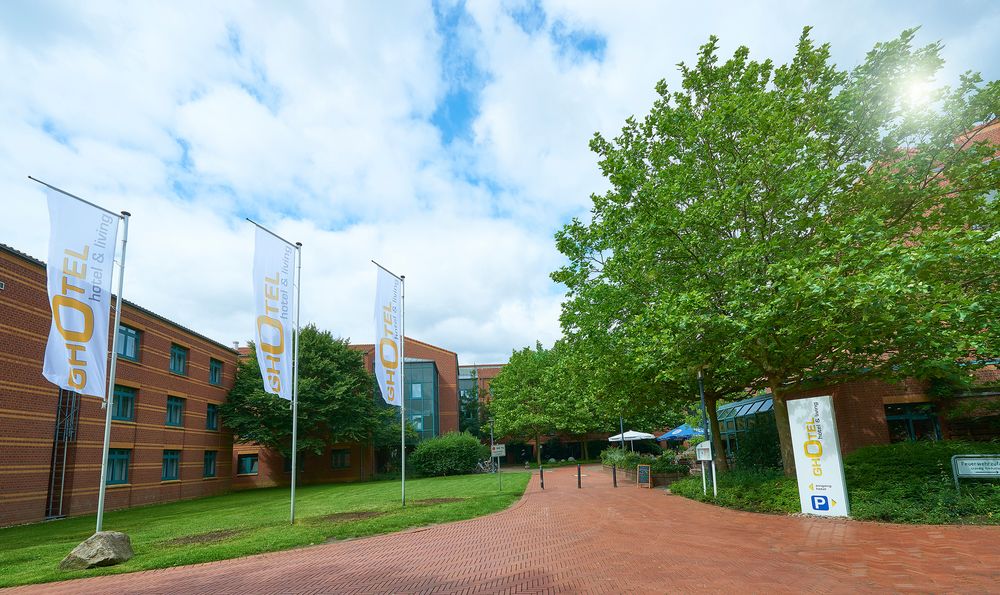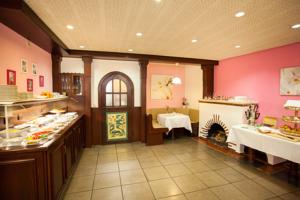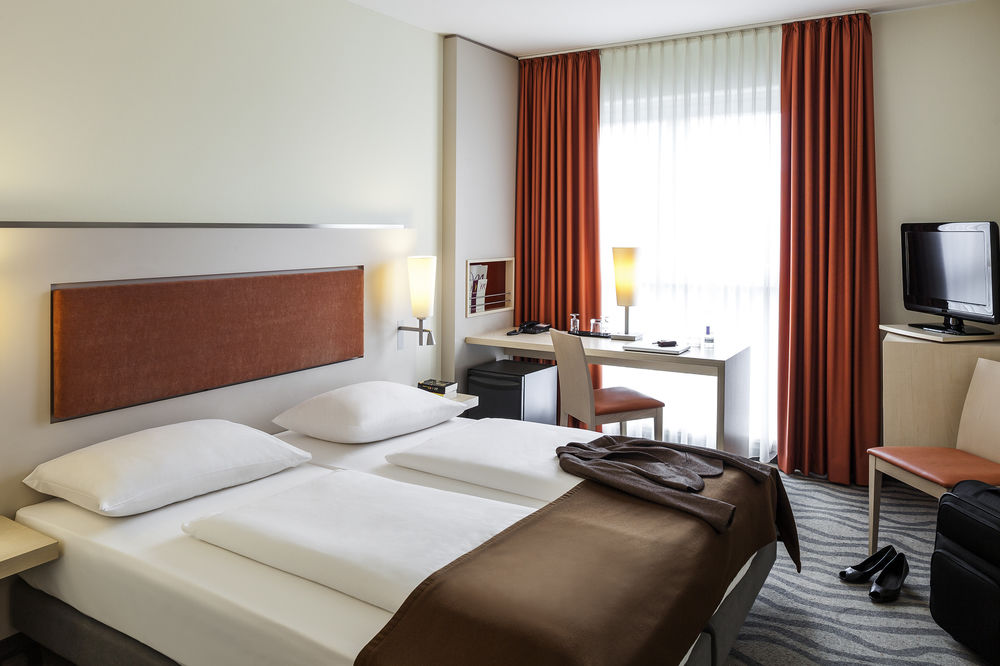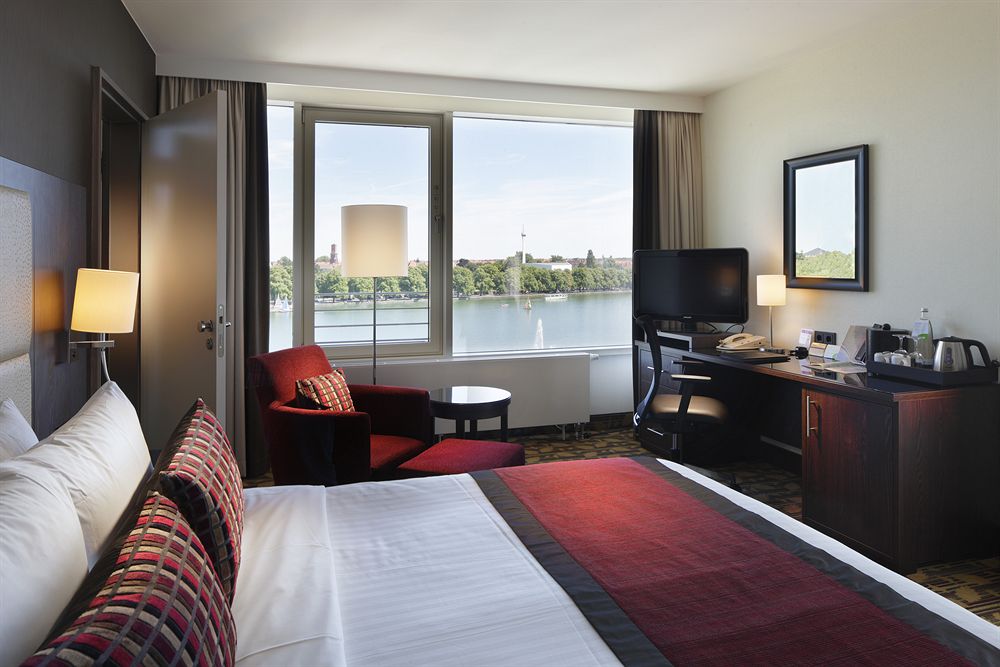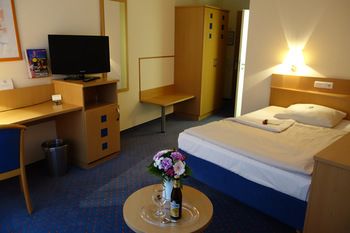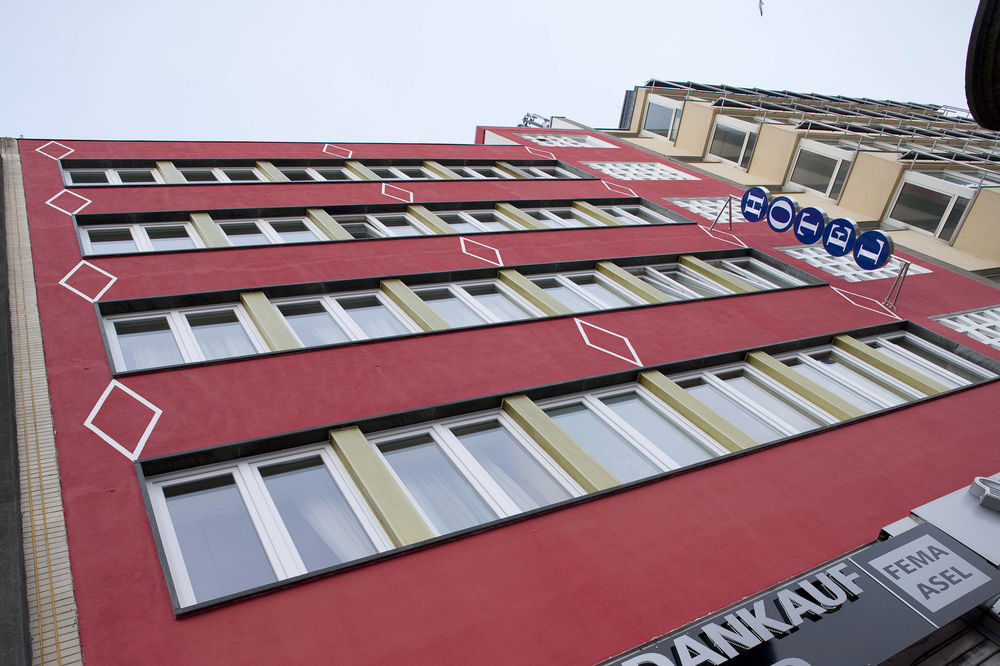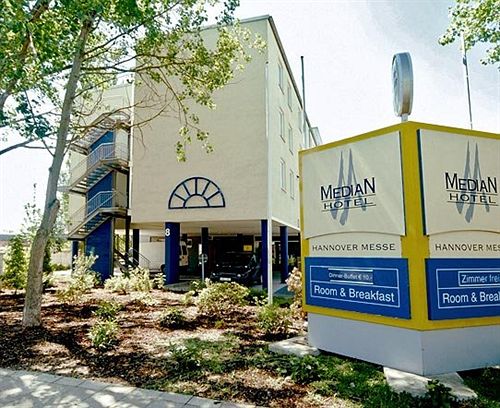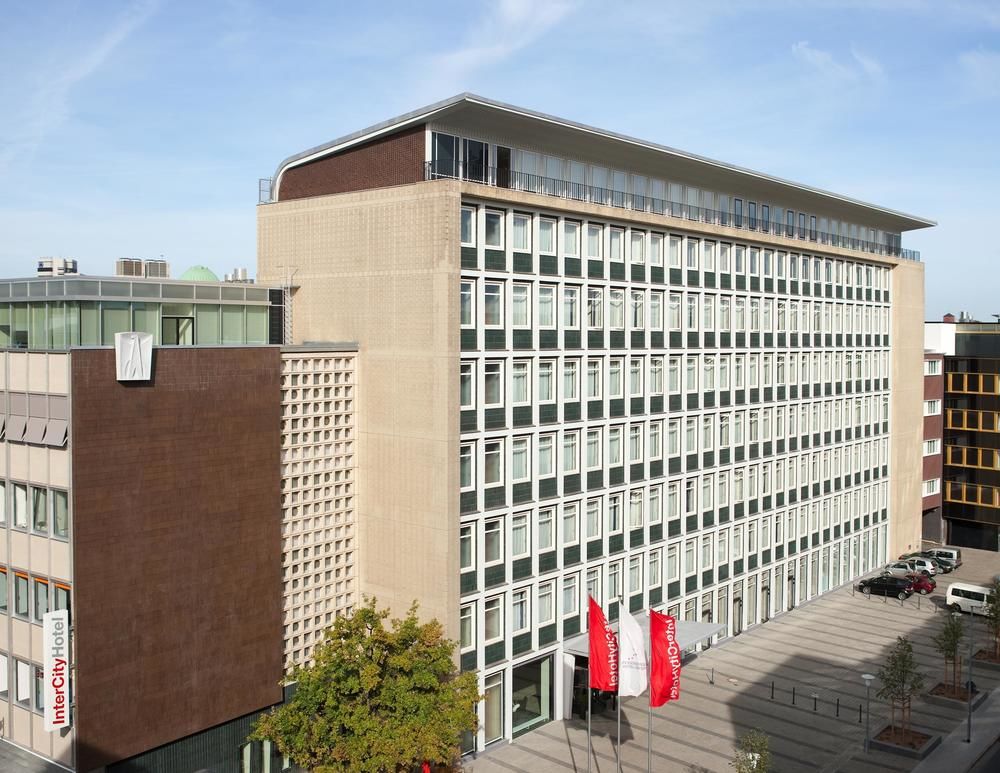
Find hotels in Hannover
Lowest prices detected by AI for hotels
Best
Cheapest
Star Ratings
AI Recommended
Best Hotels In Hannover
Cheapest Hotel Deals in Hannover
Top Rated Hotels
5 Star Hotels in Hannover
4 Star Hotels in Hannover
3 Star Hotels in Hannover
AI-recommended Destinations
Where to stay in Hannover
More About Hannover
Hanover or Hannover (; German: Hannover [haˈnoːfɐ] ( listen); Low German: Hannober) is the capital and largest city of the German federal state of Lower Saxony, and its 535,061 (2017) inhabitants make it the thirteenth largest city of Germany, as well as the third-largest city of Northern Germany after Hamburg and Bremen. The city lies at the confluence of the River Leine (progression: Aller→ Weser→ North Sea) and its tributary Ihme, in the south of the North German Plain, and is the largest city of the Hannover–Braunschweig–Göttingen–Wolfsburg Metropolitan Region. It is the fifth-largest city in the Low German dialect area after Hamburg, Dortmund, Essen, and Bremen.
Before it became the capital of Lower Saxony in 1946, Hanover was the capital of the Principality of Calenberg (1636-1692), the Electorate of Brunswick-Lüneburg (1692-1814), the Kingdom of Hanover (1814-1866), the Province of Hanover of the Kingdom of Prussia (1868-1918), the Province of Hanover of the Free State of Prussia (1918-1946), and of the State of Hanover (1946). From 1714 to 1837, Hanover was by personal union the family seat of the Hanoverian Kings of the United Kingdom of Great Britain and Ireland, under their title of the dukes of Brunswick-Lüneburg (later described as the Elector of Hanover).
The city is a major crossing point of railway lines and highways (Autobahnen), connecting European main lines in both the east-west (Berlin–Ruhr area/Düsseldorf/Cologne) and north-south (Hamburg–Frankfurt/Stuttgart/Munich) directions. Hannover Airport lies north of the city, in Langenhagen, and is Germany's ninth-busiest airport. The city's most notable institutions of higher education are the Hannover Medical School with its university hospital (Klinikum der Medizinischen Hochschule Hannover), and the University of Hanover.
The Hanover fairground, due to numerous extensions, especially for the Expo 2000, is the largest in the world. Hanover hosts annual commercial trade fairs such as the Hanover Fai
 Time UTC+02
Time UTC+02 Currency EUR
Currency EUR Languages German
Languages GermanWhat’s Special about Staypia?
Compare hotel prices in real-time
AI finds you the lowest price for hotels in Hannover.
Lowest price for 3.16M hotels worldwide
Book with up to 31% extra discounts only for Staypia members.
Travel bucket list for Hannover
Plan your trip with over 17K 'must see' recommendations for Hannover
Frequently Asked Questions
The best hotels in Hannover are IntercityHotel Hannover, Hotel Loccumer Hof, Maritim Airport Hotel Hannover.
The best 5 star hotels in Hannover are Kastens Hotel Luisenhof. Search for the most highly rated hotels in Hannover
The most highly rated hotels in Hannover are Hotel Loccumer Hof, Maritim Airport Hotel Hannover, Leonardo Hotel Hannover Airport.
Generally, room reservations are subject to a free refund until the cancellation deadline. Fees may apply after the cancellation deadline, so please check the cancellation deadline on your hotel voucher or in Menu > My Reservation.
If you’re a frequent traveler, Staypia is the best place to get the best hotel deals. You can book hotels with the lowest price of 3.16 million hotels collected by AI, and receive additional discounts for members only.
